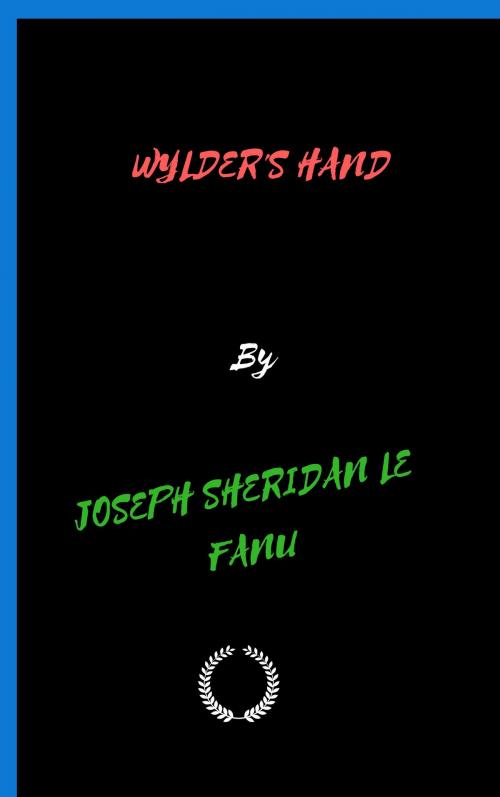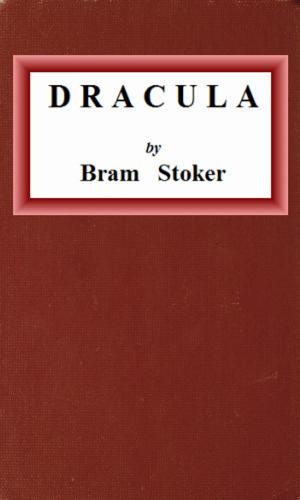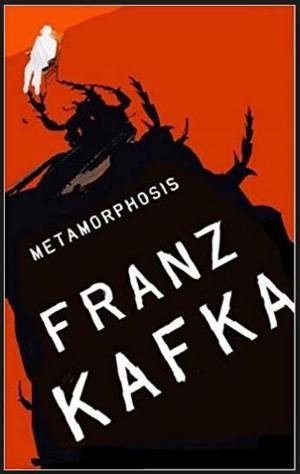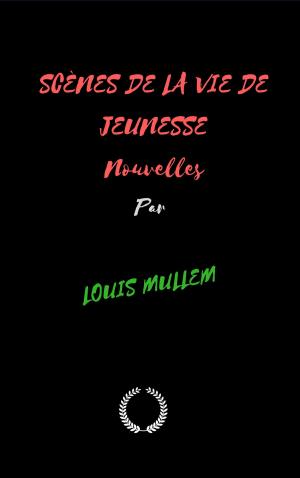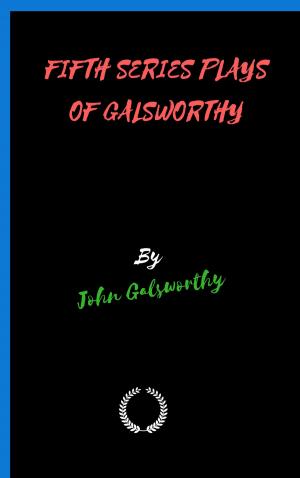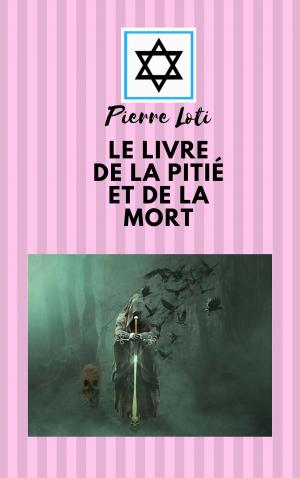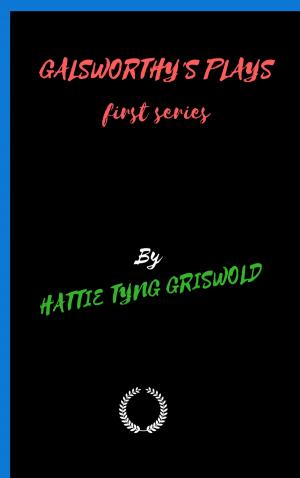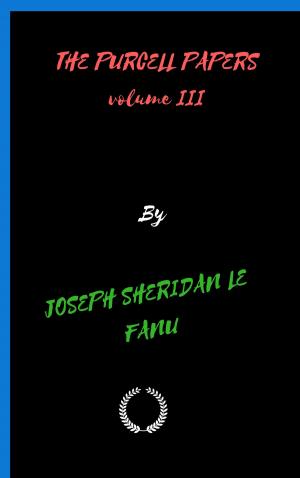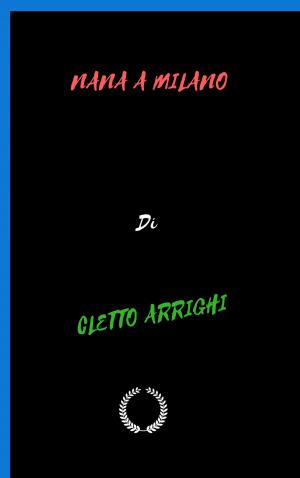| Author: | J. SHERIDAN LE FANU | ISBN: | 1230002425726 |
| Publisher: | Jwarlal | Publication: | July 13, 2018 |
| Imprint: | Language: | English |
| Author: | J. SHERIDAN LE FANU |
| ISBN: | 1230002425726 |
| Publisher: | Jwarlal |
| Publication: | July 13, 2018 |
| Imprint: | |
| Language: | English |
As I looked through the chaise-windows, every moment presented some group, or outline, or homely object, for years forgotten; and now, with a strange surprise how vividly remembered and how affectionately greeted! We drove by the small old house at the left, with its double gable and pretty grass garden, and trim yews and modern lilacs and laburnums, backed by the grand timber of the park. It was the parsonage, and old bachelor Doctor Crewe, the rector, in my nonage, still stood, in memory, at the door, in his black shorts and gaiters, with his hands in his pockets, and a puckered smile on his hard ruddy countenance, as I approached. He smiled little on others I believe, but always kindly upon me. This general liking for children and instinct of smiling on them is one source of the delightful illusions which make the remembrance of early days so like a dream of Paradise, and give us, at starting, such false notions of our value.
There was a little fair-haired child playing on the ground before the steps as I whirled by. The old rector had long passed away; the shorts, gaiters, and smile—a phantom; and nature, who had gathered in the past, was providing for the future.
The pretty mill-road, running up through Redman's Dell, dank and dark with tall romantic trees, was left behind in another moment; and we were now traversing the homely and antique street of the little town, with its queer shops and solid steep-roofed residences. Up Church-street I contrived a peep at the old gray tower where the chimes hung; and as we turned the corner a glance at the 'Brandon Arms.' How very small and low that palatial hostelry of my earlier recollections had grown! There were new faces at the door. It was only two-and-twenty years ago, and I was then but eleven years old. A retrospect of a score of years or so, at three-and-thirty, is a much vaster affair than a much longer one at fifty.
The whole thing seemed like yesterday; and as I write, I open my eyes and start and cry, 'can it be twenty, five-and-twenty, aye, by Jove! five-and-thirty, years since then?' How my days have flown! And I think when another such yesterday shall have arrived, where shall I be?
The first ten years of my life were longer than all the rest put together, and I think would continue to be so were my future extended to an ante-Noachian span. It is the first ten that emerge from nothing, and commencing in a point, it is during them that consciousness, memory—all the faculties grow, and the experience of sense is so novel, crowded, and astounding. It is this beginning at a point, and expanding to the immense disk of our present range of sensuous experience, that gives to them so prodigious an illusory perspective, and makes us in childhood, measuring futurity by them, form so wild and exaggerated an estimate of the duration of human life. But, I beg your pardon.
My journey was from London. When I had reached my lodgings, after my little excursion up the Rhine, upon my table there lay, among the rest, one letter—there generally is in an overdue bundle—which I viewed with suspicion. I could not in the least tell why. It was a broad-faced letter, of bluish complexion, and had made inquisition after me in the country—had asked for me at Queen's Folkstone; and, vised by my cousin, had presented itself at the Friars, in Shropshire, and thence proceeded by Sir Harry's direction (there was the autograph) to Nolton Hall; thence again to Ilchester, whence my fiery and decisive old aunt sent it straight back to my cousin, with a whisk of her pen which seemed to say, 'How the plague can I tell where the puppy is?—'tis your business, Sir, not mine, to find him out!' And so my cousin despatched it to my head-quarters in town, where from the table it looked up in my face, with a broad red seal, and a countenance scarred and marred all over with various post-marks, erasures, and transverse directions, the scars and furrows of disappointment and adventure.
As I looked through the chaise-windows, every moment presented some group, or outline, or homely object, for years forgotten; and now, with a strange surprise how vividly remembered and how affectionately greeted! We drove by the small old house at the left, with its double gable and pretty grass garden, and trim yews and modern lilacs and laburnums, backed by the grand timber of the park. It was the parsonage, and old bachelor Doctor Crewe, the rector, in my nonage, still stood, in memory, at the door, in his black shorts and gaiters, with his hands in his pockets, and a puckered smile on his hard ruddy countenance, as I approached. He smiled little on others I believe, but always kindly upon me. This general liking for children and instinct of smiling on them is one source of the delightful illusions which make the remembrance of early days so like a dream of Paradise, and give us, at starting, such false notions of our value.
There was a little fair-haired child playing on the ground before the steps as I whirled by. The old rector had long passed away; the shorts, gaiters, and smile—a phantom; and nature, who had gathered in the past, was providing for the future.
The pretty mill-road, running up through Redman's Dell, dank and dark with tall romantic trees, was left behind in another moment; and we were now traversing the homely and antique street of the little town, with its queer shops and solid steep-roofed residences. Up Church-street I contrived a peep at the old gray tower where the chimes hung; and as we turned the corner a glance at the 'Brandon Arms.' How very small and low that palatial hostelry of my earlier recollections had grown! There were new faces at the door. It was only two-and-twenty years ago, and I was then but eleven years old. A retrospect of a score of years or so, at three-and-thirty, is a much vaster affair than a much longer one at fifty.
The whole thing seemed like yesterday; and as I write, I open my eyes and start and cry, 'can it be twenty, five-and-twenty, aye, by Jove! five-and-thirty, years since then?' How my days have flown! And I think when another such yesterday shall have arrived, where shall I be?
The first ten years of my life were longer than all the rest put together, and I think would continue to be so were my future extended to an ante-Noachian span. It is the first ten that emerge from nothing, and commencing in a point, it is during them that consciousness, memory—all the faculties grow, and the experience of sense is so novel, crowded, and astounding. It is this beginning at a point, and expanding to the immense disk of our present range of sensuous experience, that gives to them so prodigious an illusory perspective, and makes us in childhood, measuring futurity by them, form so wild and exaggerated an estimate of the duration of human life. But, I beg your pardon.
My journey was from London. When I had reached my lodgings, after my little excursion up the Rhine, upon my table there lay, among the rest, one letter—there generally is in an overdue bundle—which I viewed with suspicion. I could not in the least tell why. It was a broad-faced letter, of bluish complexion, and had made inquisition after me in the country—had asked for me at Queen's Folkstone; and, vised by my cousin, had presented itself at the Friars, in Shropshire, and thence proceeded by Sir Harry's direction (there was the autograph) to Nolton Hall; thence again to Ilchester, whence my fiery and decisive old aunt sent it straight back to my cousin, with a whisk of her pen which seemed to say, 'How the plague can I tell where the puppy is?—'tis your business, Sir, not mine, to find him out!' And so my cousin despatched it to my head-quarters in town, where from the table it looked up in my face, with a broad red seal, and a countenance scarred and marred all over with various post-marks, erasures, and transverse directions, the scars and furrows of disappointment and adventure.
